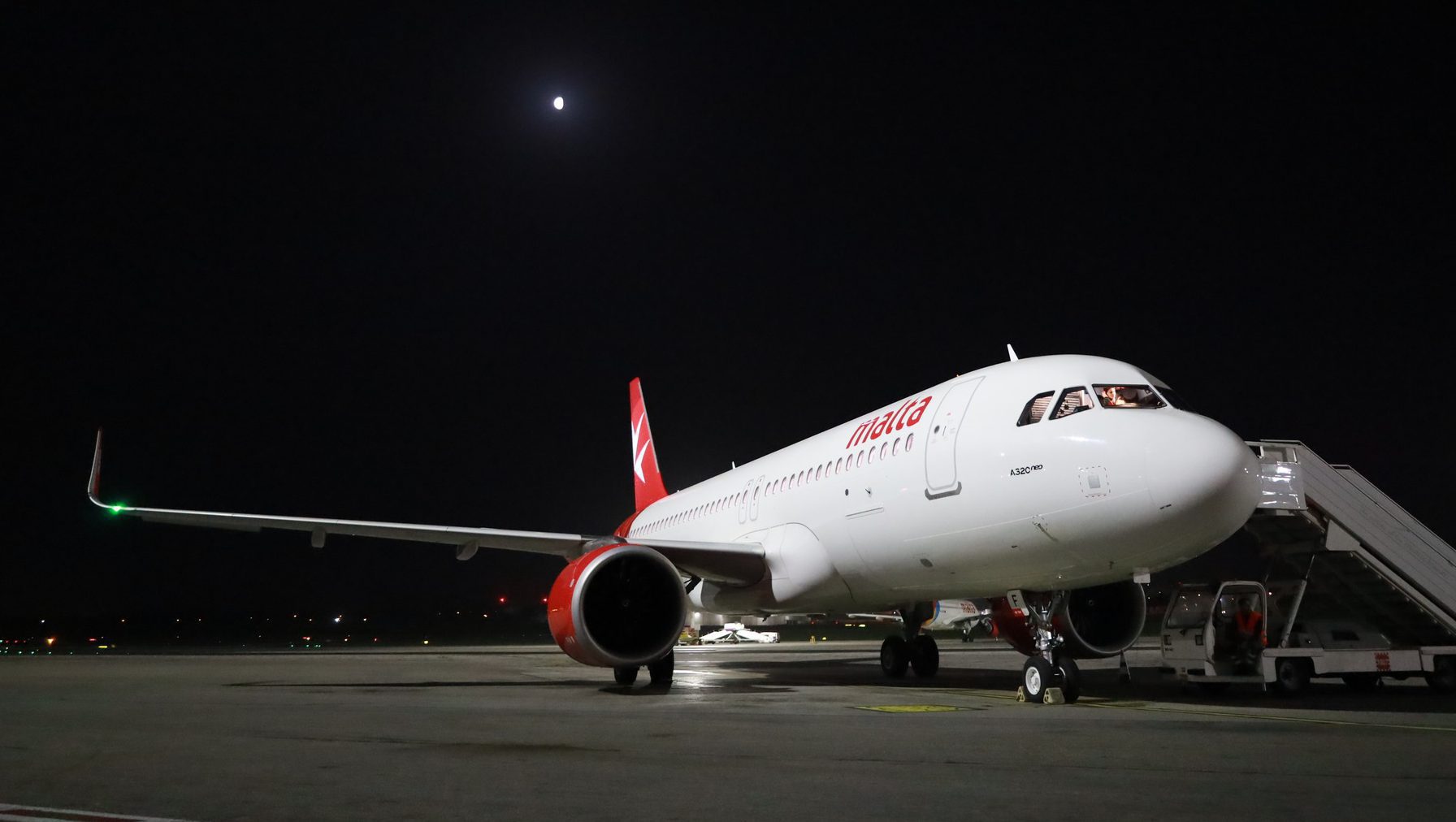A plan by Government to effectively strong-arm importers and retailers into reducing the price of basic goods and foodstuffs by around 15 per cent, meant to tame rising food prices that are putting pressure on Maltese voters’ standard of living ahead of local and European elections, has come in for strong criticism by Malta’s leading business lobby, which described the move as “regressive”.
The Malta Chamber of Commerce, Enterprise and Industry also shed doubt on the usefulness of the move, noting that several retail businesses already apply substantial discounts to basic items as a matter of normal business.
“This will make other items which may be superior in quality and nutritional value relatively more expensive, thereby encouraging people to shift their consumption towards inferior products,” said the organisation.
In the press statement released on Sunday (today), The Malta Chamber reasserted its position against “such direct intervention in the market, not only as a matter of principle but also because such intervention will only stifle competition to the detriment of all.”
However, it also noted that the control and reduction of inflation “should be the topmost priority to safeguard the competitiveness of the Maltese economy.”
The Malta Chamber said: “The inflation in imported food prices that we have seen in Malta, apart from the growing logistical costs being an island economy and spiralling wage growth as a result of the tight labour market, is similar to what has been registered in other European countries where it was fuelled largely by higher energy costs and, even more importantly in the case of food items, by dramatic increases in basic food ingredients resulting from the war in Ukraine and poor crop yields in many parts of the world due to climate change and extreme weather events. The local subsidisation of energy and wheat does not shield us from these global impacts on imported food prices.”
It argued that the Government should have taken action through the proper channels, such as the Malta Competition and Consumer Affairs Authority (MCCAA), which should “fulfil its role effectively and transparently and ensure that market abuse, if any, is identified and addressed promptly.”
Questions sent by BusinessNow.mt to the MCCAA, asking whether it has received any complaint about the Government’s plan and whether it intends to take any action based on such complaint or on its own steam, remain unanswered at the time of publication.
The way Government negotiated the scheme is also “of particular concern,” said The Malta Chamber.
“Market operators were contacted individually by Government and prodded into complying,” it said, adding: “The fact that Government did not seek to find a more effective remedy with the legitimate representatives of business, or within the national forum for social dialogue, which is MCESD, is highly disappointing.”
Speaking later on Sunday at a Labour Party activity, Prime Minister Robert Abela seemed to shrug off the criticism, arguing that persistent inflation in food prices require Government intervention as part of its commitment to ensuring price stability.
Annual STI testing for non-EU massage therapists amounted to ‘slander,’ admit health authorities
Health authorities kept quiet about changes to the legal provisions
KM Malta Airlines announces extra flights and special fares for MEP and local council elections
To qualify for special fares, all travel needs to take place into and out of the same city
European Parliament adopts regulation making it easier for companies to be paid on time
The maximum credit term under the new Late Payment Regulation is to up to 120 days, for some sectors






